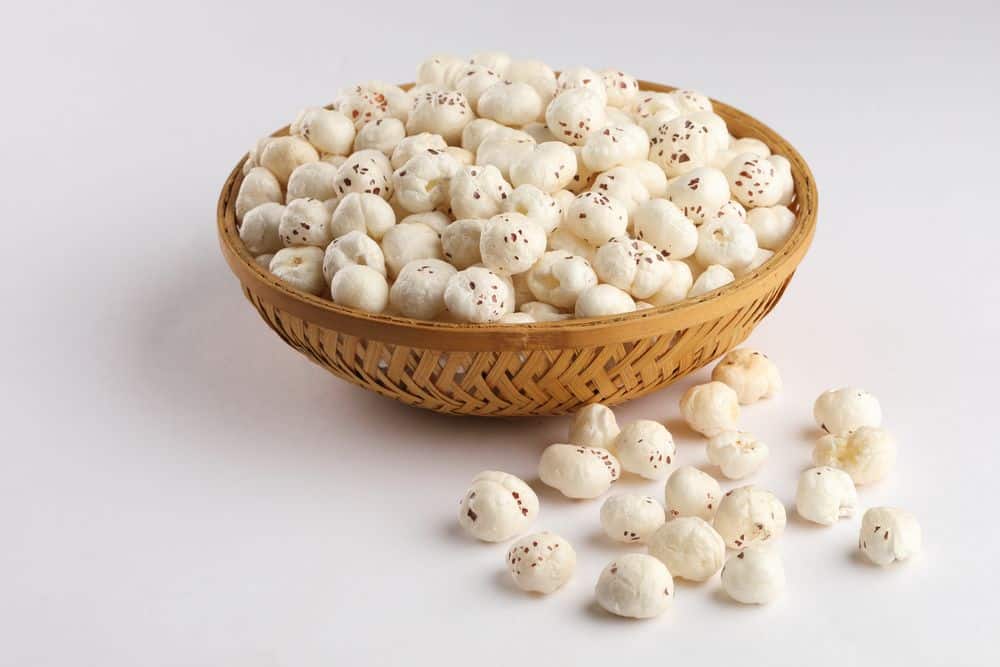Discovering Makhana: The Superfood from Lotus Seeds
Makhana, often known as fox nuts or lotus seeds, is a traditional snack that has been part of Indian cuisine for centuries.


Makhana, often known as fox nuts or lotus seeds, is a traditional snack that has been part of Indian cuisine for centuries. Grown primarily in the stagnant water of wetlands or ponds in Eastern Asia, makhanas are seeds of the Euryale Fox plant (Euryale ferox), a type of water lily.
Nutritional Profile
Makhanas are revered not just for their crunchy, popcorn-like texture, but also for their impressive nutritional content. They are low in calories yet high in protein, making them an ideal snack for weight management. Rich in magnesium, potassium, and calcium, makhanas offer various health benefits including heart health, blood pressure regulation, and improved bone strength.
Health Benefits
- Heart Health: Due to their high magnesium content, makhanas help in controlling blood pressure and improving overall heart health.
- Weight Loss: Low in calories and high in protein, makhanas are a perfect snack for those looking to lose weight without feeling hungry.
- Anti-Aging Properties: Makhanas contain antioxidants, which combat free radicals in the body, thereby reducing aging and preventing inflammation.
Culinary Uses
The versatility of makhanas is evident in their use in a variety of dishes. They can be roasted and seasoned with salt or spices for a healthy snack. Additionally, they are used in Indian sweets and desserts, such as kheer (a type of pudding), and even in savory dishes like curries and soups.
Cultivation
The cultivation of makhanas is unique as it requires a specific environment of shallow, stagnant water. After harvesting, the seeds are extracted from the lotus plant and then processed to become puffed and crunchy. This labor-intensive process explains why makhanas are considered a delicacy.
Sustainability and Economic Impact
Makhana farming is sustainable, relying on natural water bodies and minimal use of synthetic materials, making it eco-friendly. It also provides a significant source of income for farmers in regions where it is grown, such as Bihar, India, which is one of the largest producers of makhanas.
Conclusion
Makhanas are more than just a tasty snack; they are a powerhouse of nutrition and have a rich cultural significance in Asia. Whether you’re looking for a healthy snack option or an ingredient that adds a nutritional punch to dishes, makhanas are worth exploring.
For more comprehensive information, including detailed nutritional charts and a variety of recipes, you might visit these resources: